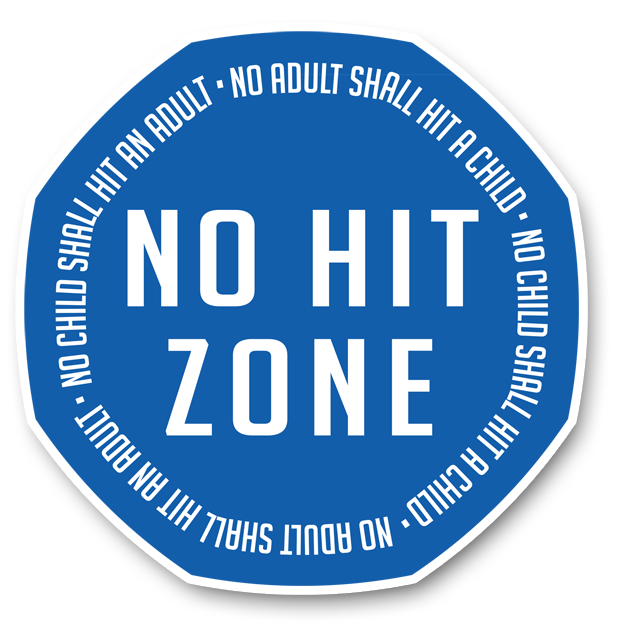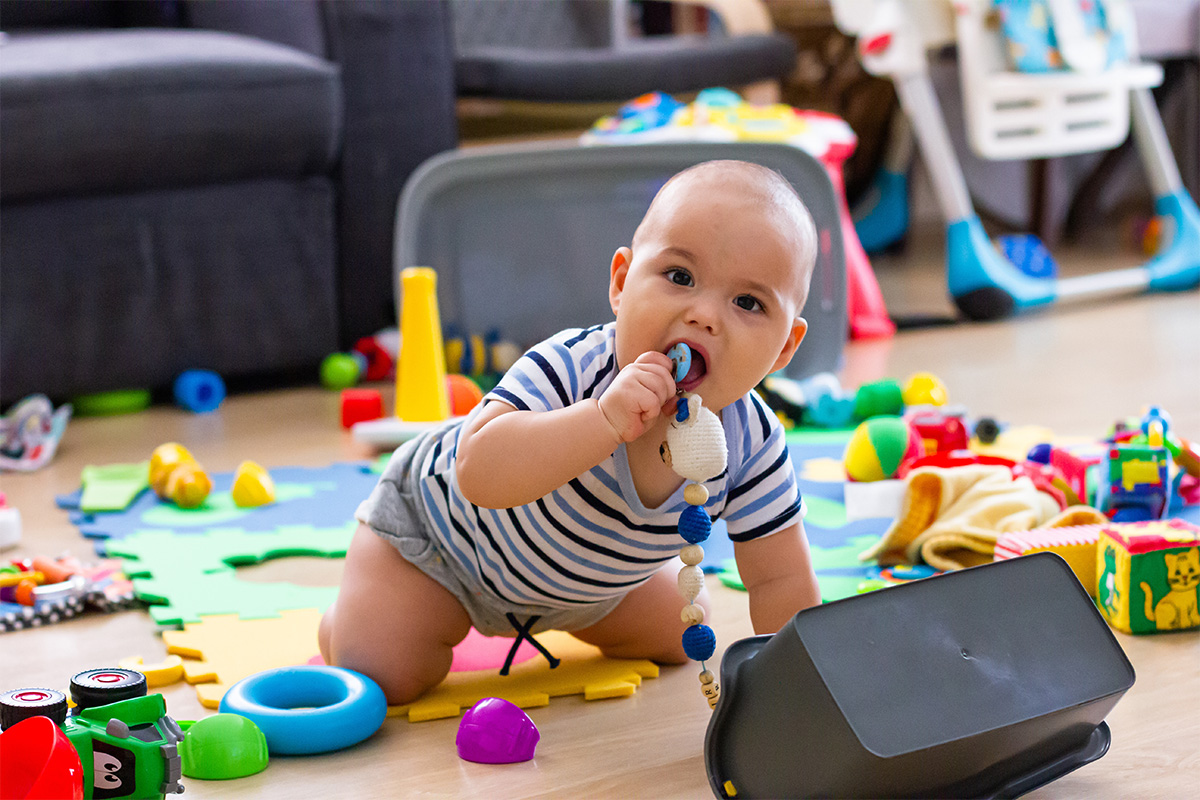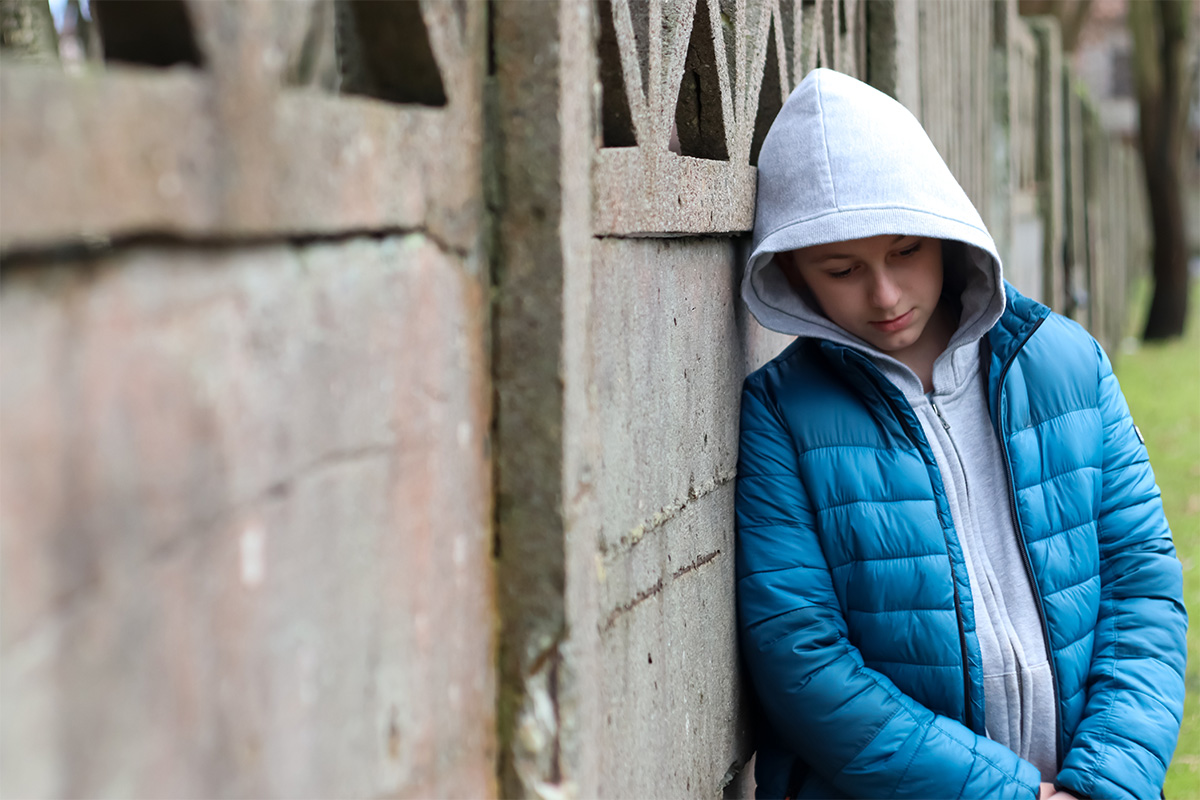
Parenting can be a challenge. When your frustration is high and your patience is low, try these tips




Babies double their birth weight by 4-6 months and triple their weight by 1 year, so they have to eat frequently. Some babies may start sleeping through the night around 4 months. Many do not.


Toddlers are very curious and learn by touching and exploring. Toddlers are too young to understand danger.





A toddler learns by exploring and touching. Prevention is best.


Nighttime wetting may occur until children are much older. Stressful events can cause nighttime wetting even after a child has been successful.

Young children have a lot of energy. It is normal for a young child to have a hard time sitting in one spot for more than a few minutes. Allowing children to move helps them feel good.

A consistent early bedtime routine every day and a safe sleeping space are keys to a happy bedtime and minimize tantrums and meltdowns.

A young child needs help to feel safe and secure. Sometimes your child may still want to be near you after bedtime. When they come to you, they are expressing a need.

Toddlers commonly bite, hit and grab things from others. Praise good behavior.

It is not uncommon for children to still rely on diapers at night until age 7. It’s common for previously potty trained children to have accidents during times of stress or change (moving, new sibling, etc.).

This is normal in preschoolers because of their active imaginations. Pretending and imagining are important to a child’s development

A child’s curiosity about the world helps to build concepts, vocabulary, and understanding.




Child is learning about power and empathy.

Some children learn easily, and some need your help to get their grades up. Make sure your child is getting enough sleep in order to learn. 9-11 hours is ideal for ages 6-13. Help child learn good habits by having daily routines around homework and studying.


Instead of calling out child for assertive behavior, try helping them to stand up for themselves without aggression.

Instead of calling out child for assertive behavior, try helping them to stand up for themselves without aggression.

Teens need your help to navigate the possibility of receiving or sending a nude photo.

Hormones rage at puberty.

An unsafe home environment is the most common reason for running away. Provide your child with a safe and supportive environment with open communication.

Peer pressure plays a big role in substance use. Help your child understand the effects of drug and alcohol use. Set a positive example around substance use at home.

Have a family meeting and collaborate with your teenager on house rules. Remember, complicated decision-making parts of the brain are not fully developed. Teenagers need help solving problems and making good decisions.

Work together to set some rules around phone use and decide together on consequences when those rules are broken.

Your child is learning about his/ her sexuality and needs your guidance support on how their clothing may influence others. Don’t shame or humiliate. Accept that this will be an ongoing conversation.